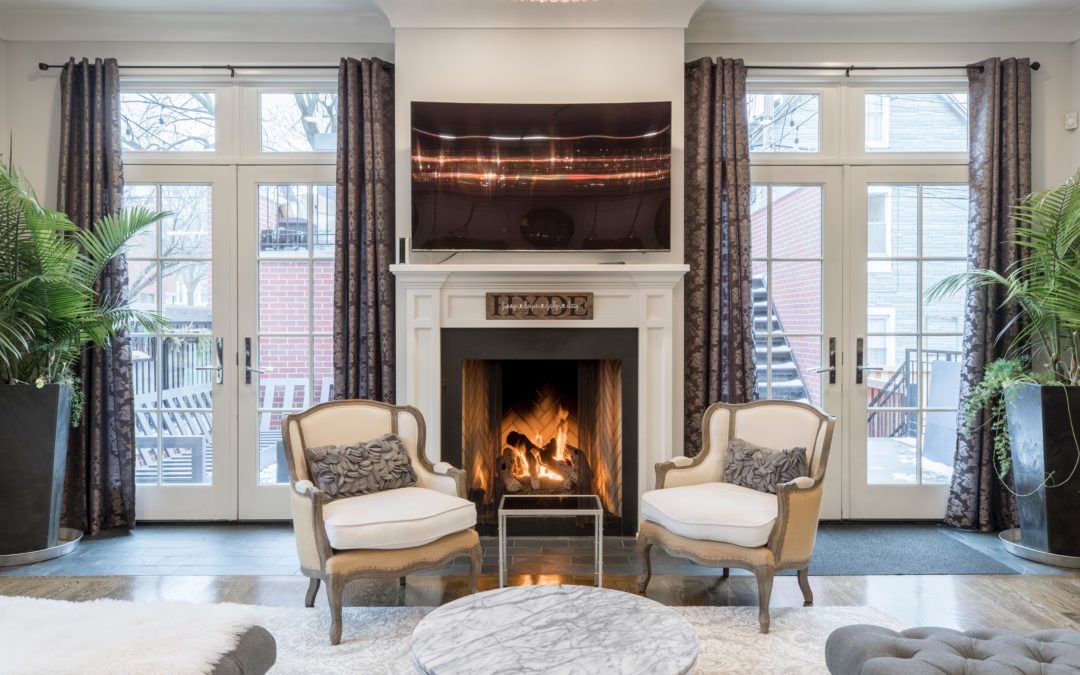With many concerned with recent economic events and cost of living on everyone’s minds some are investing within their homes providing long-term benefits such as wood burning stoves &/or reopening chimneys to keep ever increasing costs down.
Costs can vary but with starting point for a wood burning stoves around £3,000 and waiting times for installations increasing before the Great British weather hits our shores, it’s not a cheap ‘fix’. For those lucky enough to cosy in on the winter nights there are some considerations before the fires are lit for the season.
Regardless of what type of chimney you have, or, even if it’s lined it will still require regular sweeping. Modern technology has made it a lot safer and more comfortable than it used to be, don’t worry, Dick Van Dyke won’t be jumping across the rooftops! There were 2,608 reported chimney fires in England from April 2021- March 2022, and many could have been prevented with regular maintenance.
Is it time to book a chimney sweep?
- Smoke is coming back into the room when the appliance in use.
- There is a bad smell even when you haven’t lit a fire
- You can see signs of tar around the damper or flue entrance
- Soot is falling back into your stove.
- Fire isn’t burning as well as usual
- Any scratching noises or if you can see birds nesting near the top of the chimney.
Why is it important?
- Help clean all build-up of soot and creosote
- Help identify cracks within the system
- Ensure your liners are in proper and working condition
- Help prevent house fires.
We would always recommend going professional and ensuring you are using a reputable company. Paying for a professional cleaning ensures the correct tools are used, will have extensive knowledge and trained eyes can spot the dangers to any problems within the chimney or wood burning stove quickly.
A final maintenance check to ensure your fire protections are up to date in other areas of your home should not be forgotten. Test &/or change the batteries in your smoke and carbon monoxide detectors as they tend to be your first line of defence should the worst occur.

